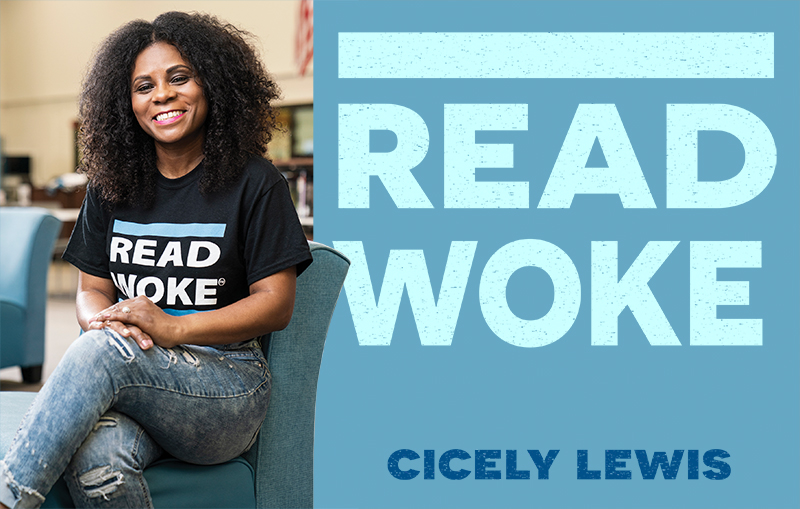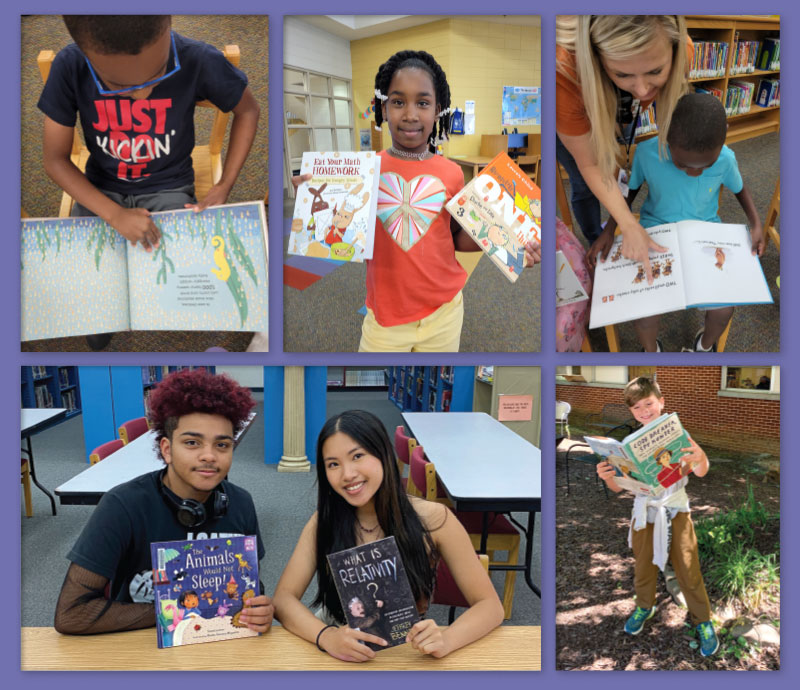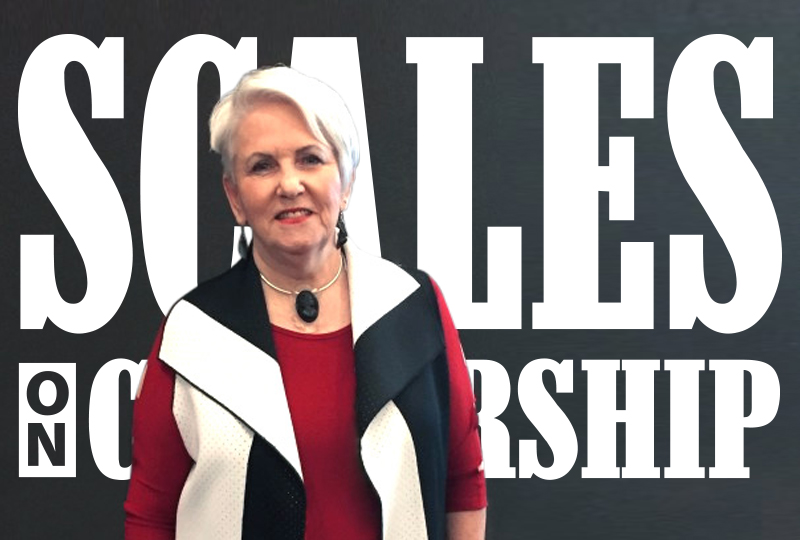Edi Campbell: Pass the Hope
Well, if you’re expecting Betsy today, I hope you’re not going to be too disappointed. I usually blog at CrazyQuiltEdi but the mic was passed to me and here I am! I have a variety of posts planned for this week, from general commentaries to book reviews and even an interview.
I hadn’t heard of #passthemic until Betsy approached me and offered to share her platform with me. The opportunity came at a rather dismal time. Seeing so much change, so much possibility for real change in the United States should be anything but dismal yet, here I am. People are dying out there. I’ve had hope before of better chances for equity and justice only to see it slip away at the next election or after the next shiny big thing presented itself. Still, I keep most of my hope and faith in humanity. Isn’t hope what keeps us going even in the best of times?
ADVERTISEMENT
ADVERTISEMENT
People bring me hope. Around the same time of Betsy’s invite, a White woman purchased the domain for the We Are Kidlit Collective, and in doing so she removed the ads from our site and provided a bit more storage space. Days later, I was gifted a membership to ChLA by a White woman I don’t believe I’ve ever met. These gestures coming in quiet ways from individuals gives me more hope for an end to anti-Black racism than corporate statements and gestures made by repackaging outdated products. If you haven’t heard, Aunt Jemima and Mrs. Butterworth will no longer be the Black face on those pancake and syrup brands. Interesting how we get hit with implicit racism so early in the day.

When might we see any kind of gesture from publishers? And if not a gesture, preferably something more meaningful to alleviate the lack of access that Blacks, Native Americans, Asian Americans and Latinx have not only in telling their own story, but in having equitable pay or career advancements into decision making positions. Publishing may look like it has opened its doors to more diverse authors but it is neither inclusive nor equitable as documented by Lee & Low’s baseline survey and the #PublishingPaidMe conversation on Twitter. Betsy didn’t just share her platform, she also revealed what her salary is and paid me her week’s wages. The bag hanging in my bedroom roughly translates to say that a lot of little things done by a lot of little people in a lot of little places will transform the face of the earth.
I try to disrupt children’s books. I question how Black girls are valued in the stories told about them and I point out racism in anthropomorphic monkeys. Yet, I’ve always said my work isn’t just about the books. Stories that speak to the possibilities of LGBTQIA+ children or those with disabilities will not thrive in an industry that does not hear their voices in everyday conversation. If they were heard then microaggressions, biases and stereotypes would not be so commonplace in the literature. Blackness wouldn’t seem quite so exotic and Whiteness wouldn’t be so prolific. Is there really a difference? Read Everybody Looking by Candice Iloh (Dutton, Sept 2020) or All Boys Aren’t Blue by George Johnson (FSG, 2020) and get back with me.
Many wonder why so much energy goes into resisting oppression in children’s books. They’re just children’s books, after all. They wonder why some people read so much into children’s books; in fact, why do some people have to see race in everything, even in children’s books?
Put quite simply: we use children’s books to teach young people how we want them to be. We teach them how to view the world and instruct them on what their place should be in it. As it exists now, we hit them with subtle, implicit racism early in life, providing messages about power and visibility through the language and images in books. We don’t tell all children that they matter and we don’t always make them feel included when strategies for success are presented. Books are political.
Go back and re-read that paragraph and every time you see the word ‘we’, ask who is ‘we’?
Can’t we teach them to be better than we are?
I want children, Black, White, mixed and Brown, to continue to be my hope for the future.
Filed under: Guest Posts
About Betsy Bird
Betsy Bird is currently the Collection Development Manager of the Evanston Public Library system and a former Materials Specialist for New York Public Library. She has served on Newbery, written for Horn Book, and has done other lovely little things that she'd love to tell you about but that she's sure you'd find more interesting to hear of in person. Her opinions are her own and do not reflect those of EPL, SLJ, or any of the other acronyms you might be able to name. Follow her on Twitter: @fuseeight.
ADVERTISEMENT
ADVERTISEMENT
SLJ Blog Network
Name That LEGO Book Cover! (#53)
K is in Trouble | Review
Fighting Public School Book Bans with the Civil Rights Act
ADVERTISEMENT







Glad to see you here; looking forward to the week.
Thank you Betsy and thank you Edi. So glad to see you here. This is called intersectional allyship.
Beautiful. Thank you for your words and for always pushing us to be and do better.
Looking forward to all of your posts this week. And good on Betsy for being transparent about her salary and extending it to you this week.
Thank you for sharing your insight on children’s books and your hope in humanity. Children’s books like Finding Langston by Lesa Cline-Ransome, Ellray Jakes series by Sally Warner, The Hate U Give by Angie Thomas, They Called Us Enemy by George Takei, and Schomburg: The Man Who Built a Library by Carole Boston Weatherford and Eric Velásquez explore race, but it serves as entryway into learning and valuing the richness of diversity within humanity.
Edi I look forward to learning more with you but am secretly hoping this turns into more opportunities at SLJ. We need voices with expertise like yours in highly visible spaces like School Library Journal.